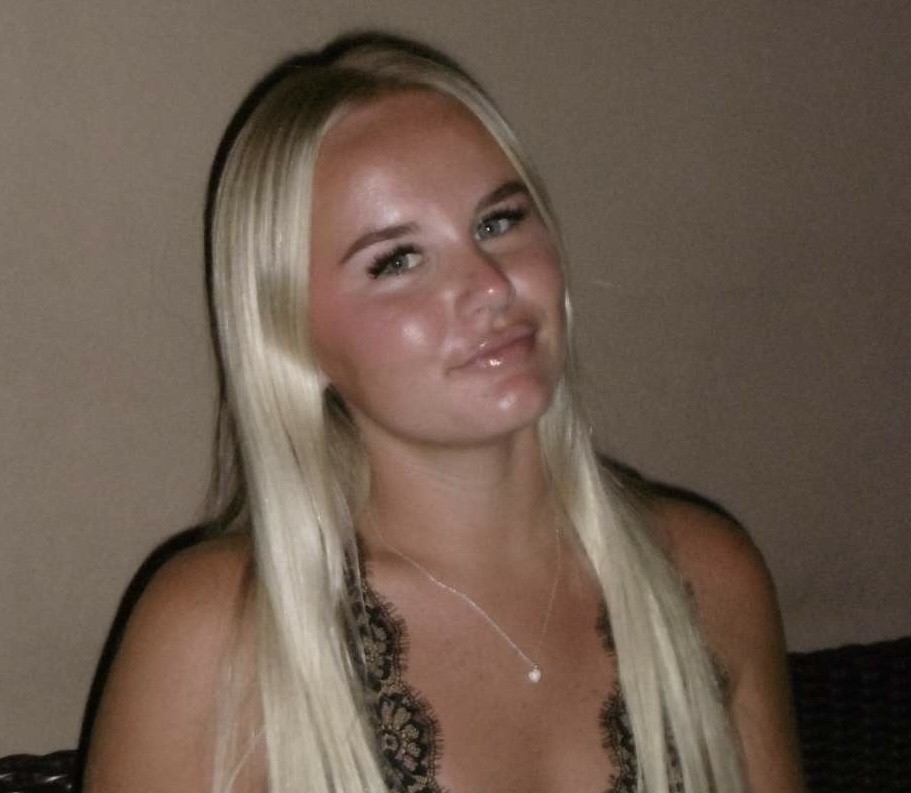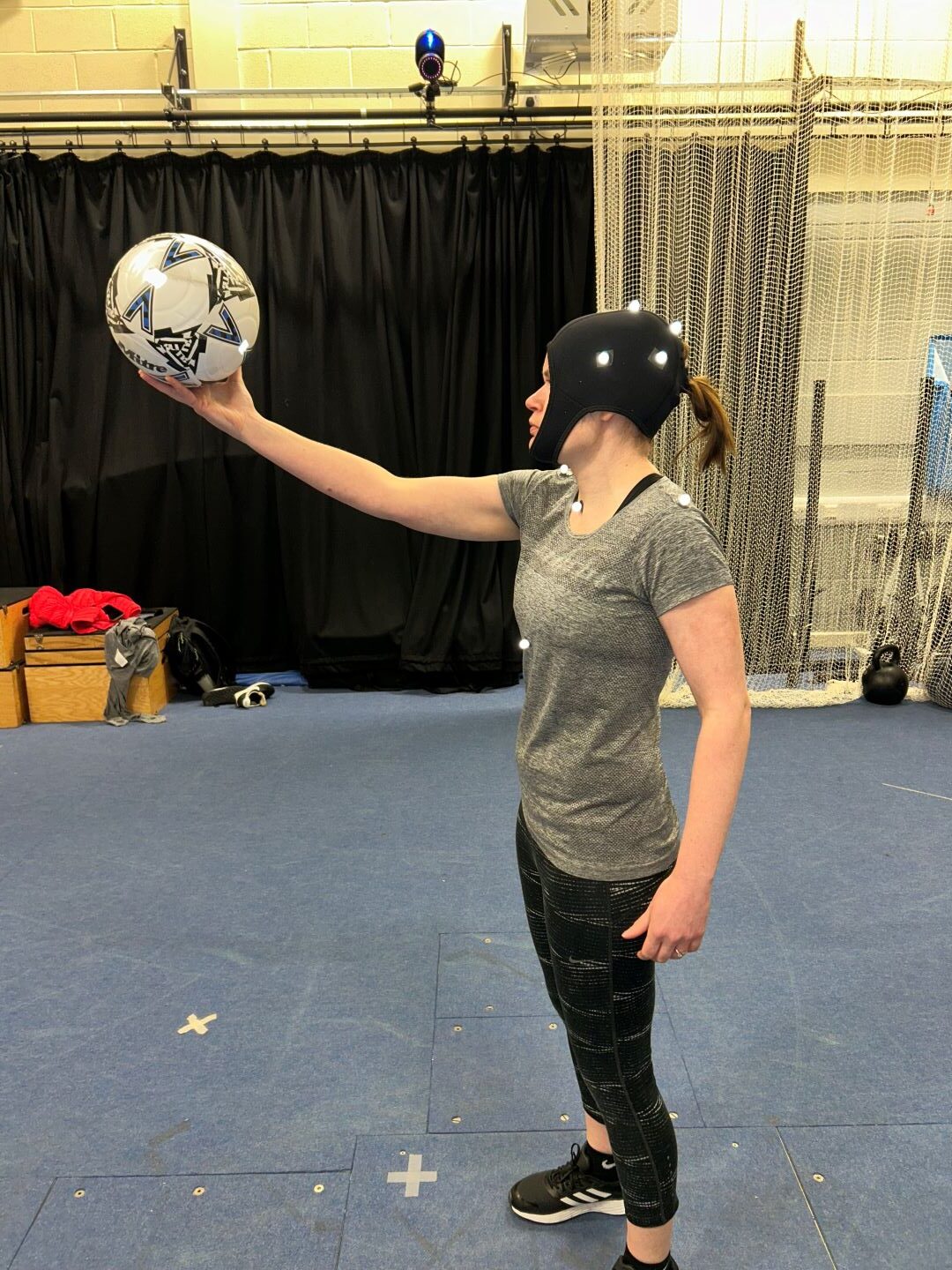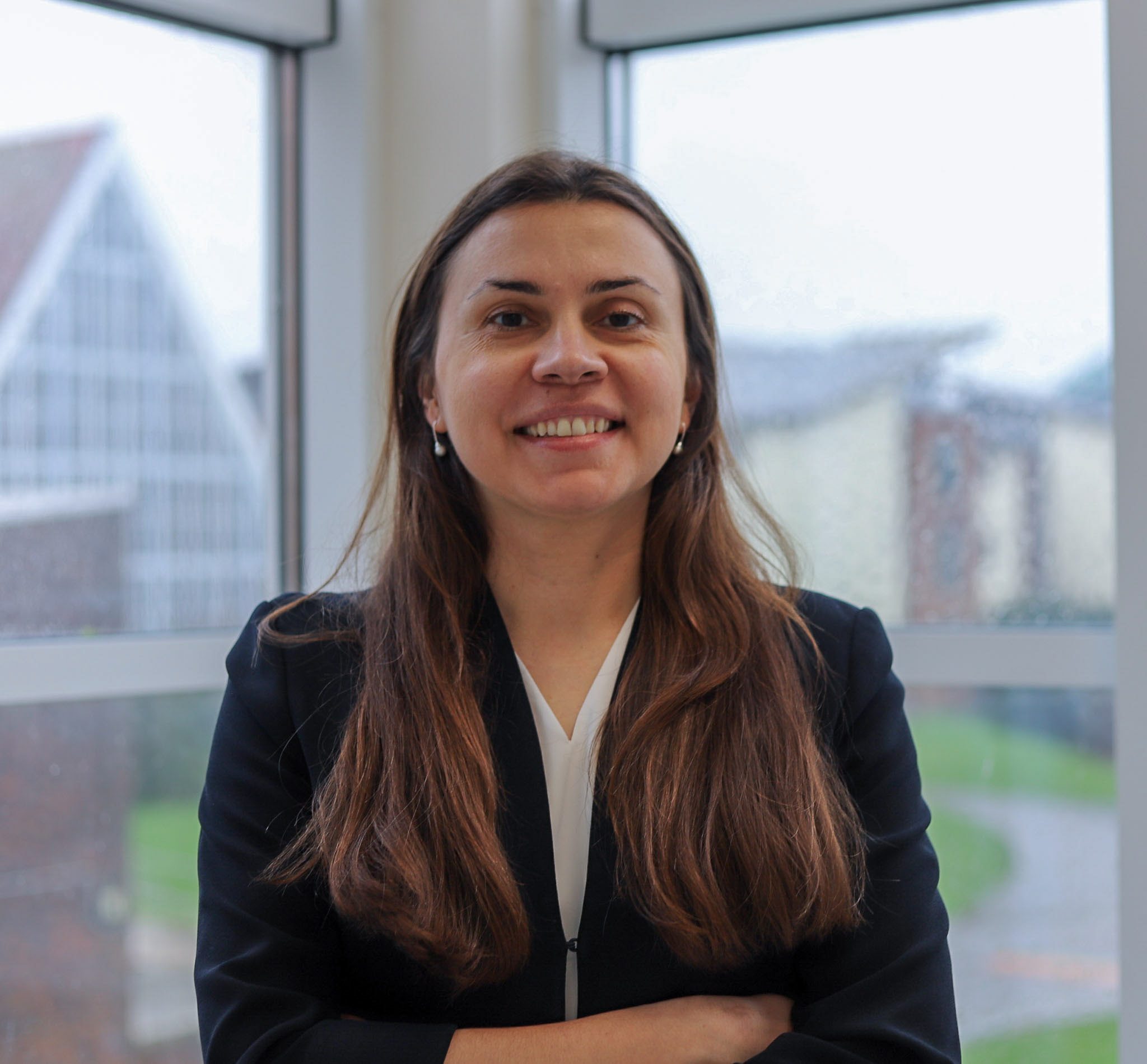D-Day commemorations at University – with talk held in lecture hall used for RAF operations
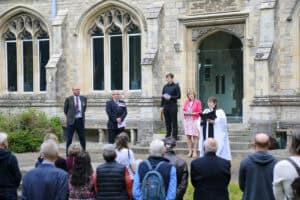
A lecture on how D-Day was interpreted on film was held at the University of Chichester today (6 June) in a teaching space which was the Operations Room for RAF Tangmere 80 years ago.
Members of the public, staff and students were invited to attend the sold-out event, with well over 80 people signing up.
The lecture by Professor Hugo Frey, Professor of Cultural and Visual History covered ‘D-Day on Film: Imagining the Battle for Normandy in Pictures and Memories’.
It followed an Act of Remembrance service led by the University’s Chaplain Reverend Dr Alison Green at the Cloisters Lawn at the Bishop Otter Campus.
The public lecture explored the story of how D-Day has been portrayed in films such as The Longest Day (1962), The Big Red One (1980) and The Americanization of Emily (1964).
Professor Frey spoke of Hollywood filmmakers as witnesses, such as John Ford, a famous director of Westerns who bravely captured images of D-Day at the time, as well as Sam Fuller, who was a GI and filmmaker who wrote a memoir and directed The Big Red One, based on his real experiences of combat.
He said film could be used as a commemorative act, using The Longest Day as an example. This was a film which was packed with Hollywood stars including some who had seen service and was based on the historical account by Cornelius Ryan. One review at the time was headlined “A woman beside me covered her eyes”, with a remark that it was “very real”.
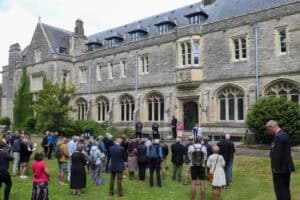 Films which were satirical and pacifist were also addressed, including The Americanization of Emily which took a satirical take on the “great awareness of the destruction of war” but with “ironic humour” and “clever satire”.
Films which were satirical and pacifist were also addressed, including The Americanization of Emily which took a satirical take on the “great awareness of the destruction of war” but with “ironic humour” and “clever satire”.
The lecture ended with a final remark – which is that a D-Day film didn’t have to be a war film at all, and that many films of the 1940s and early 50s were abut “lost worlds, lost people and shattered lives” – stories that survivors of the war identified with and gave them ways to discuss and engage with D-Day and the Second World War.
During the lecture, Hugo also shared stories discovered of women who worked for the RAF at the Bishop Otter Campus on D-Day. One, Charlotte E. Spetz, who died in 2016, said that she was on duty at Bishop Otter College on the morning of June 6, 1944, as the invasion began.
The University of Chichester’s unique connection to D-Day is spelled out on a display outside lecture room E124 – the room used by RAF Tangmere. During the D-Day operations, the room played a key role, as it became the base for several squadrons for offensive actions. Bishop Otter College was heavily involved in the preparations for the invasion of Normandy, and during D-Day itself those inside the Operations Room controlled 56 squadrons.
